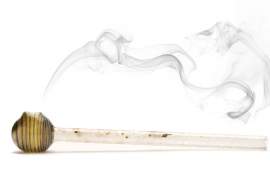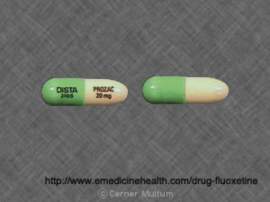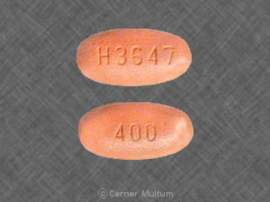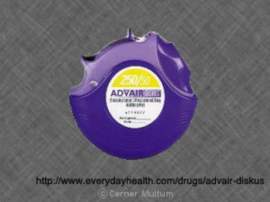
A Guide to Crack Charges in the United States

What are Crack Charges?
Crack charges are components of the criminal procedure undertaken in order to substantiate an individual suspect’s required appearance within a legal venue subsequent to their arrest for criminal concerning the use of Crack-Cocaine; oftentimes simply referred to as ‘Crack’, Crack is a form of Cocaine that has typically undergone synthetic alteration – in contrast to pure Cocaine, Crack will largely be processed with binding chemicals such as baking powder or salt in order to maximize smaller amounts of pure Cocaine:
Crack charges furnished by law enforcement agencies within the United States of America are required, due to the fact that they serve as a legally documented account of the participation of an individual suspect with regard to illegal substances classified as illegal drugs or controlled substances
The implications latent with in Crack charges provide 2 primary legal facets, which express both the reasons for apprehension, as well as associate punitive recourse contingent upon a guilty verdict – both the events required in order to render Crack Charges, as well as the applicable sentencing following judicial review
Crack charges primarily serve as an identification of illegal activity and events within which a suspect participated concerning the illegal substance Crack; the classification of these actions serve as not only gradients categorizing the events in question, but also as delineations between the various Crack charges in existence
The Classification of Crack Charges under the Controlled Substance Act of 1970
Located in Title II of the Comprehensive Drug Abuse Prevention and Control Act, the Controlled Substance Act addresses and classifies the illegal usage, sales, and cultivation undertaken with regard to the wide range of individual substances considered to be illegal both in nature, as well as upon misuse or unauthorized possession. Crack charges furnished by the CSA not only provide a legislative classification of the drug itself, but also the parameters within which prosecution concerning Crack required adherence. The following legislation is furnished with regard to Crack charges:
Schedule I Substance and Crack Charges
Akin to Cocaine Charges determined through the Harrison Narcotics Act of 1914, Crack charges are furnished in accordance to the classification of the drug as a ‘Schedule I Substance’ - the ideology implemented within the identification of a Schedule I substance expresses the following requirements contingent upon its classification:
A Schedule I substance is considered to retain an increased risk for addiction and abuse; with regard to Crack charges, this risk exists in conjunction to the addictive properties inherent within the chemical makeup of Crack
A Schedule I substance is considered to be absent of any or all medical or productive usages; in contrast with certain illegal drugs, Crack is not considered to retain any medical or health benefits upon its usage
A Schedule I substance is considered to be absent of specified or identifiable terms, conditions, or guidelines with regard to safety measures concerning its usage – as a result, Schedule I substances are considered to retain high proclivities for overdose
NEXT: A Guide to Ecstasy Charges in the United States





















